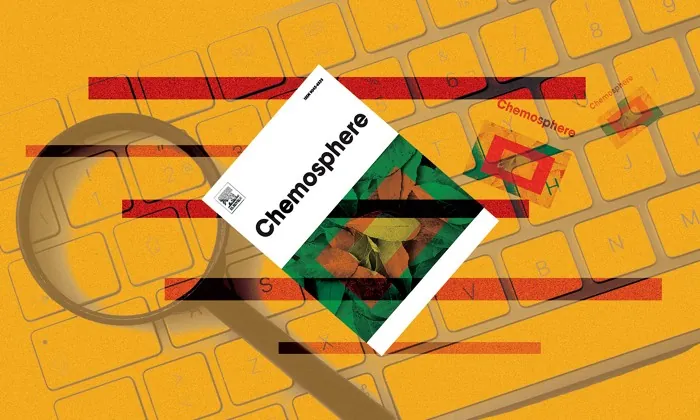
Major Shake-Up in Academic Publishing: Chemosphere Loses Impact Factor Amid Controversy
2024-12-30
Author: Arjun
Overview
In a shocking turn of events, the reputable academic journal *Chemosphere* has lost its impact factor—a critical metric often employed in the evaluation of scholarly work and researchers—following a series of retractions that have raised eyebrows in the academic community.
Retractions and Concerns
The turmoil began when *Chemosphere* retracting at least eight papers in December, as highlighted by research integrity watchdog Retraction Watch. This alarming trend has been coupled with 60 expressions of concern being issued since April, signaling significant potential issues within the journal's published research.
Impact of Delisting
As a result of these issues, Clarivate's Web of Science (WOS)—the official entity responsible for assigning impact factors—decided to remove *Chemosphere* from its index on December 16. This delisting is particularly consequential for authors who previously relied on the journal for visibility, as their papers—and any subsequent citations—will no longer be recognized within the prestigious WOS framework.
Related Journal Changes
This setback is not isolated; in recent months, WOS has also delisted other noteworthy journals, including the pioneering biology publication *eLife*. The reason for *eLife*'s removal stemmed from its unique practice of presenting all submitted papers alongside their referee reports, thus not following the traditional acceptance-rejection model. Additionally, WOS has paused the indexing of journals like *Cureus* and *Heliyon*, which cover a broad array of disciplines.
Quality Control Issues
In a related incident, *Chemosphere* recently faced scrutiny for publishing a study that indicated toxic flame retardants might be contaminating everyday kitchen items made of black plastic. However, the authors later issued a correction that revealed a serious math error led to a reported risk that was orders of magnitude too high, underscoring ongoing concerns about the journal's quality control.
Broader Implications
As *Chemosphere* grapples with this significant hit to its credibility, the broader implications for academic publishing are becoming clearer. Researchers, institutions, and funding bodies increasingly rely on impact factors to assess the value and integrity of scholarly work. The loss of such a benchmark raises critical questions about the standards upheld by journals, the reliability of published research, and the future of academic evaluation.
Conclusion
In a world where the integrity of science is paramount, the academic community awaits further developments—will *Chemosphere* recover its standing, or is this the beginning of a downward spiral for one of its long-standing journals? Stay tuned as we continue to explore this evolving story!






 Brasil (PT)
Brasil (PT)
 Canada (EN)
Canada (EN)
 Chile (ES)
Chile (ES)
 Česko (CS)
Česko (CS)
 대한민국 (KO)
대한민국 (KO)
 España (ES)
España (ES)
 France (FR)
France (FR)
 Hong Kong (EN)
Hong Kong (EN)
 Italia (IT)
Italia (IT)
 日本 (JA)
日本 (JA)
 Magyarország (HU)
Magyarország (HU)
 Norge (NO)
Norge (NO)
 Polska (PL)
Polska (PL)
 Schweiz (DE)
Schweiz (DE)
 Singapore (EN)
Singapore (EN)
 Sverige (SV)
Sverige (SV)
 Suomi (FI)
Suomi (FI)
 Türkiye (TR)
Türkiye (TR)
 الإمارات العربية المتحدة (AR)
الإمارات العربية المتحدة (AR)